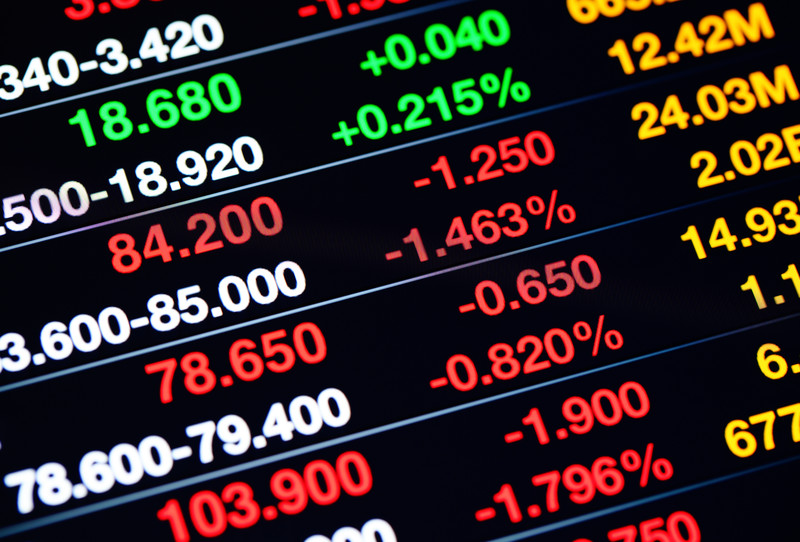There's been chatter in the air around share buybacks since the Fed announced a 2% tax on the transactions last week that would go into effect in 2024.
- The idea is to incentivize companies to invest their profits rather than using them to buy existing shares (and reward shareholders).
- Critics say it's a targeted tax for the oil and gas sector, which has seen windfall profits as oil prices have increased lately.
So what is a share buyback, and why do companies do them?
When a company has excess cash lying around, there are a few ways they can put it to use: boost wages for employees, reinvest in expanding the business, pay off debt, pay dividends to investors—or they can purchase their own stock. That's called a share buyback.
How it works: A publicly traded company repurchases its stock from investors willing to sell. It's a way to shore up share prices by tightening supply, increasing earnings per share and improving profitability metrics.
- Some investors prefer share buybacks over dividend payouts since they usually trigger a lower capital gains tax.
Yes, but: Stock buybacks can signal to investors that opportunities for the company's growth have slowed.
- If the market reacts negatively to a buyback, a company could be left holding a bunch of devalued shares, which can be challenging in an economic downturn (like right now.)
